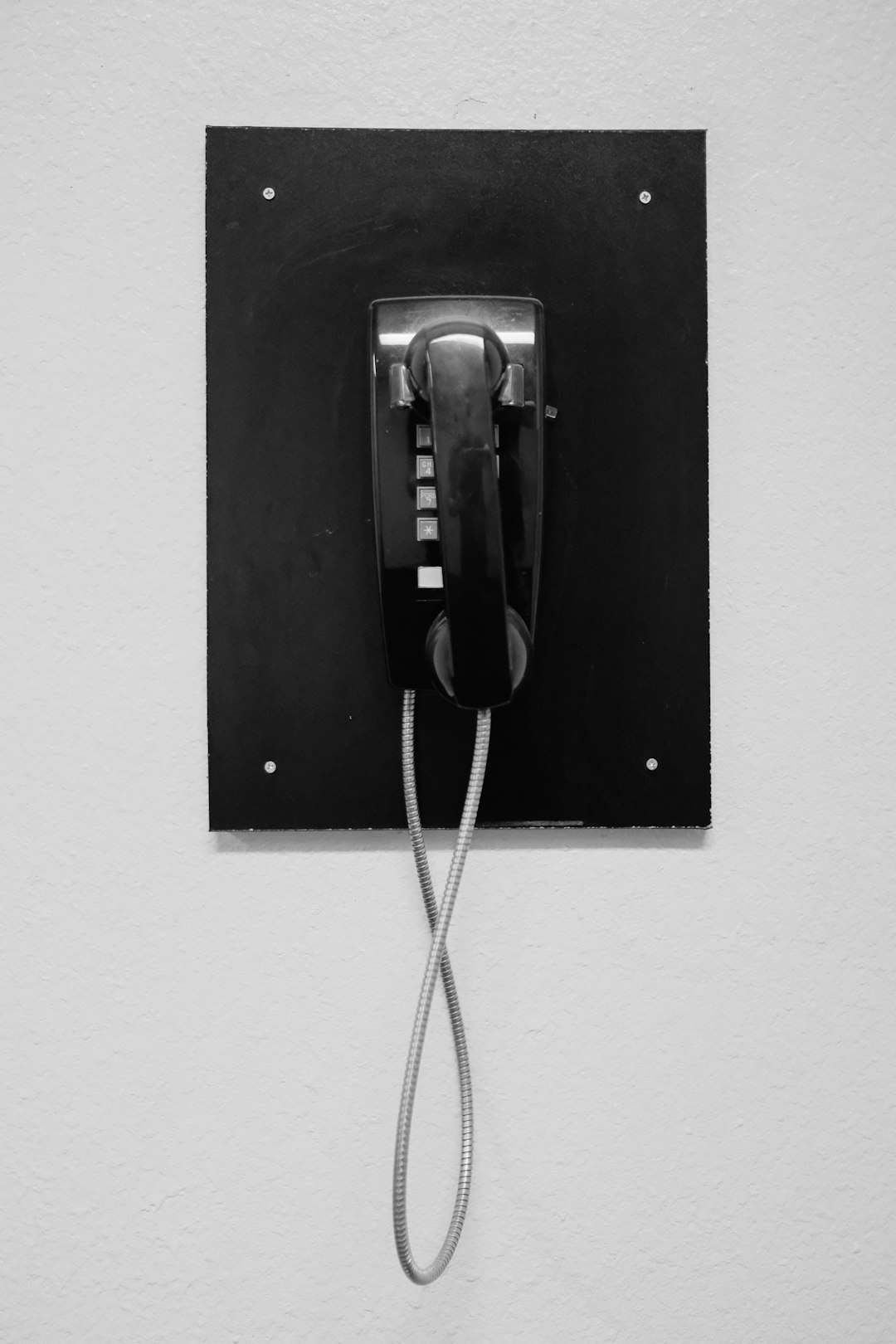Nashville residents and visitors face robocalls, but Tennessee law offers protections. Document incidents, understand TCPA rights, use blocking apps, keep contact private to reduce calls. Consulting legal experts on "Can I Sue For Robocalls Tennessee" provides guidance for potential lawsuits.
Staying safe from robocalls while traveling can significantly enhance your experience in vibrant Nashville. This guide equips you with essential knowledge on navigating the legal landscape of robocalls in Tennessee, exploring Nashville’s consumer protection measures, and practical tips for blocking unwanted calls. Learn how to assert your rights and employ effective strategies to avoid robocalls during your trip, ensuring a hassle-free and enjoyable experience in Music City. Discover your legal recourse regarding robocalls in Tennessee and take control of your phone conversations.
Understanding Robocalls and Legal Recourses in Tennessee

In the age of automated technology, robocalls have become a pervasive nuisance for many Nashville residents and travelers alike. These pre-recorded or artificial voice messages are often used for telemarketing purposes and can be particularly intrusive when you’re on the go. While blocking certain numbers and using call-screening apps can offer some relief, understanding your legal rights in Tennessee is crucial if you feel you’ve been wrongfully targeted by robocalls.
Tennessee law provides consumers with protections against unsolicited telephone solicitations, including robocalls. According to the Tennessee Department of Commerce & Insurance, residents have the right to refuse receiving such calls and can file complaints with the department if they believe their privacy has been violated. If you’ve suffered substantial emotional distress or incurred financial losses due to harassing robocalls, you may even have grounds to sue under state law. However, proving intent and damages can be challenging, so it’s essential to document each incident and gather evidence for potential legal action, especially if the calls persist despite your efforts to stop them.
Nashville's Approach to Consumer Protection Against Robocalls

Nashville, known for its vibrant music scene and warm hospitality, has also taken a proactive approach to consumer protection against robocalls. The city understands the frustration that unsolicited phone calls can cause, especially when travelers are trying to enjoy their time exploring new places. To combat this growing issue, Nashville has implemented measures to deter and mitigate robocalls, ensuring a safer and more enjoyable experience for its visitors.
In terms of legal recourse for victims of robocalls, Tennessee laws offer protection against unwanted telemarketing practices. If you’ve received robocalls while in Nashville or anywhere in the state, you may have options if these calls violate your rights as a consumer. While suing for robocalls is possible, it’s essential to gather evidence and consult legal experts who specialize in telecom regulations, like those found in Can I Sue For Robocalls Tennessee resources, to explore your specific case and determine the best course of action.
Identifying and Blocking Robocalls While Traveling

While traveling in Nashville or anywhere else, staying safe from robocalls is essential for your peace of mind. The first step in defending against these unwanted calls is identifying them. Robocalls are often recognized by automated messages, repetitive dialing patterns, and pre-recorded voices. If you notice these characteristics, it’s likely a robocall.
Luckily, there are effective ways to block them. Most smartphones have built-in call blocking features or offer downloadable apps that can filter out suspicious calls. Additionally, Tennessee laws protect consumers from certain types of robocalls without explicit consent. While suing for robocalls is an option in Tennessee, it’s not always the first line of defense. Implementing these blocking techniques can significantly reduce the volume of unwanted calls and help you avoid the stress and hassle they cause while enjoying your trip to Music City.
Your Rights When Dealing with Unwanted Phone Calls

When it comes to dealing with unwanted phone calls, including robocalls, you have rights as a consumer. In the United States, the Telephone Consumer Protection Act (TCPA) is a federal law designed to protect individuals from certain types of telemarketing practices. This includes restrictions on automated or prerecorded calls, often associated with robocalls, without prior express consent. If you’ve received robocalls while traveling in Nashville or any other part of Tennessee, you have the right to take action.
If a business has violated your rights by making unwanted robocalls, you may be able to sue for damages. The TCPA allows individuals to seek both monetary and injunctive relief. This means you can potentially receive compensation for each violation, as well as a court order stopping the caller from harassing you further. In Tennessee, as in many states, there are strict rules regarding robocalls, and companies can be held accountable for their actions.
Effective Strategies to Avoid Robocalls During Your Trip

Navigating Nashville’s vibrant streets or exploring its historic sites should be a stress-free experience, but unwanted robocalls can quickly turn this pleasure into frustration. While blocking numbers is a basic step, it’s not always effective against sophisticated spam calls. To effectively avoid these nuisance calls during your trip, consider adopting several strategies.
Firstly, utilize call-blocking apps designed to identify and filter out robocalls. These applications learn from community reports and AI algorithms to recognize suspicious patterns. Additionally, keeping your contact information private can significantly reduce the volume of calls you receive. Refrain from sharing your number unless absolutely necessary, especially when dealing with unfamiliar sources or services. Remember that understanding your rights in Tennessee regarding nuisance calls is empowering; while suing for robocalls is an option, it’s a complex process, so educate yourself on consumer protection laws to protect your rights effectively.






